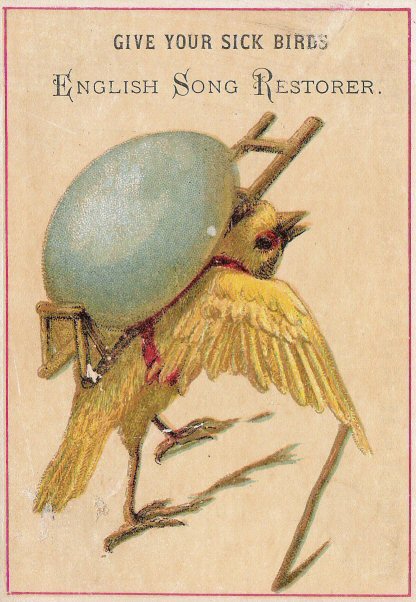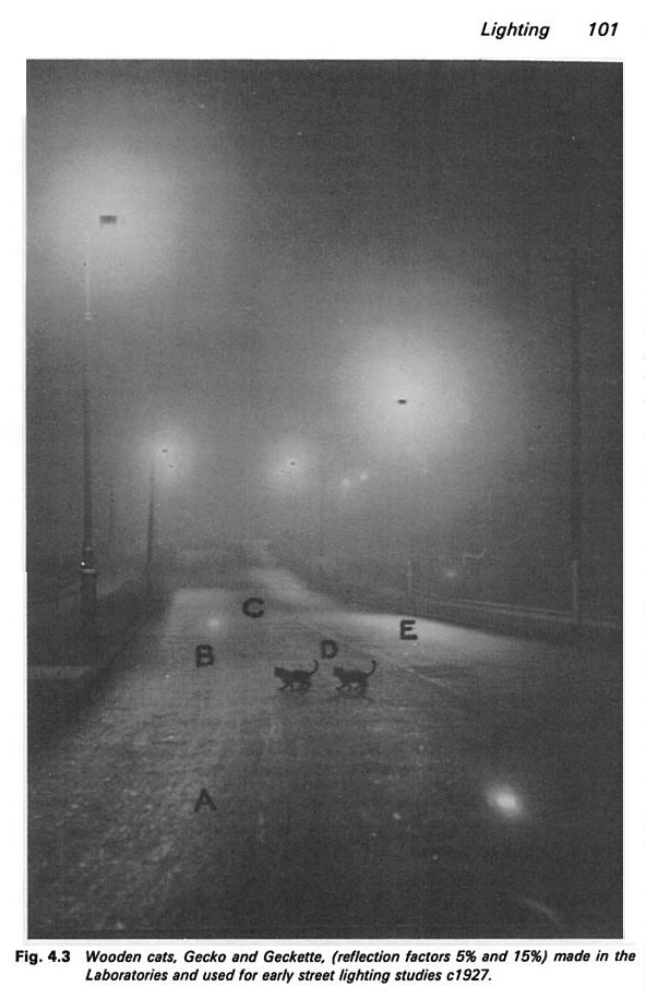[Thanks once again to R. Previous episodes in this exciting series are gathered here.]
So this tangle of thieves broke into the Phosphorescent Family Compound one night. They stole, from one larder, a bag of phosphorus, and, from another larder another, bigger, bag of phosphorus. Then they softly and suddenly vanished away, like Snarks.
In the morning, upon discovering the robbery, Old Pappy Phosph called the coppers. With inhuman speed, Detective Captain Cargpan was on the scene, sniffing about and writing things with a pencil in his notepad.
“Don’t you worry, Old Pappy,” he said, “I’ll have these ne’er-do-wells bang to rights and being roughed up in the police station basement by my boys by midnight, or my name isn’t Detective Captain Cargpan and I’m not sniffing about and writing things with a pencil in my notepad.”
Old Pappy Phosph put the kettle on for a cup of phosphorescent tea.
The telephone rang at one minute past midnight.
“Detective Captain Cargpan here. That noise you can hear in the background is my boys roughing up the thieves who stole your bags of phosphorus last night. I’m pleased to report we’ve caught them. Well, all but one of them, and he happens to be the one who knows where they stashed their loot. So the case is not yet closed. But don’t you worry, Old Pappy, with a bit more roughing up and some bone-breaking and skull-bashing and pincers and hammers and electric drills I think we’ll find our man, and, more importantly, your bags of phosphorus, possibly before I’ve finished speaking.
“The interesting thing about this tangle of thieves is that they might have been cobbled together by the casting director of a BBC drama production. They are achingly diverse in terms of ethnicity, gender, and sexuality, even social class. It’s quite an eye-opener, and has certainly raised my consciousness and my inclusivity awareness.
“More unusually, perhaps, the thieves run a gamut of body types, not from fat to thin or tall to short, as you might expect, but in terms of skeletal rigidity. At one end there is a bloke whose bones – the ones not yet broken by my boys – are almost fused together, so he is completely stiff from head to toe, while at the other end is a fellow with bones like jelly, he is absolutely floppy.
“In case you were wondering, the one who got away when we raided their den under the viaduct near the wasp sanctuary is gay and limp, so keep your eyes peeled in case you see somebody of that description.”
As he spoke, Old Pappy Phosph saw, climbing up the perimeter fence of the compound, the gay limp thief, come to return the stolen bags of phosphorus.
Ten minutes later, pinned to the wall of the kitchen, pierced like St Sebastian, so held in place awaiting the arrival of Detective Captain Cargpan, the gay limp thief confessed all to Old Pappy Phosph. He explained that his conscience was stricken and he regretted what he had done, and so he intended to return the stolen bags of phosphorus to their larders in hope of forgiveness.
“I don’t believe in forgiveness,” said Old Pappy Phosph, driving home another phosphorescent pin to more securely affix the thief to the wall.
“Ouch!” said the thief, not for the first time that night.
There is a moral to this story, and it is plain and simple. Don’t mess with Detective Captain Cargpan or with Old Pappy Phosph. Both of them will have your guts for garters.


